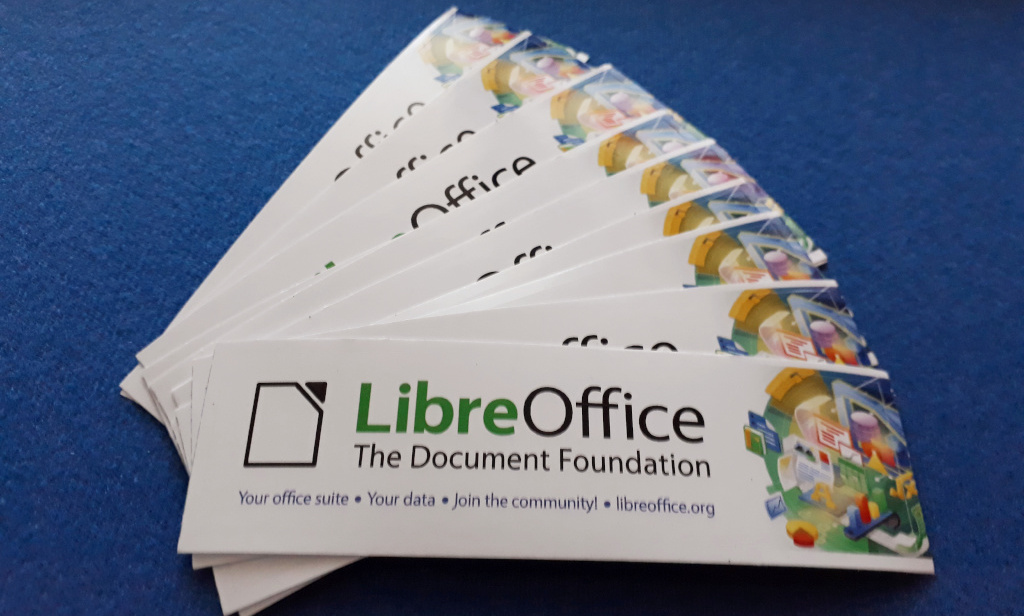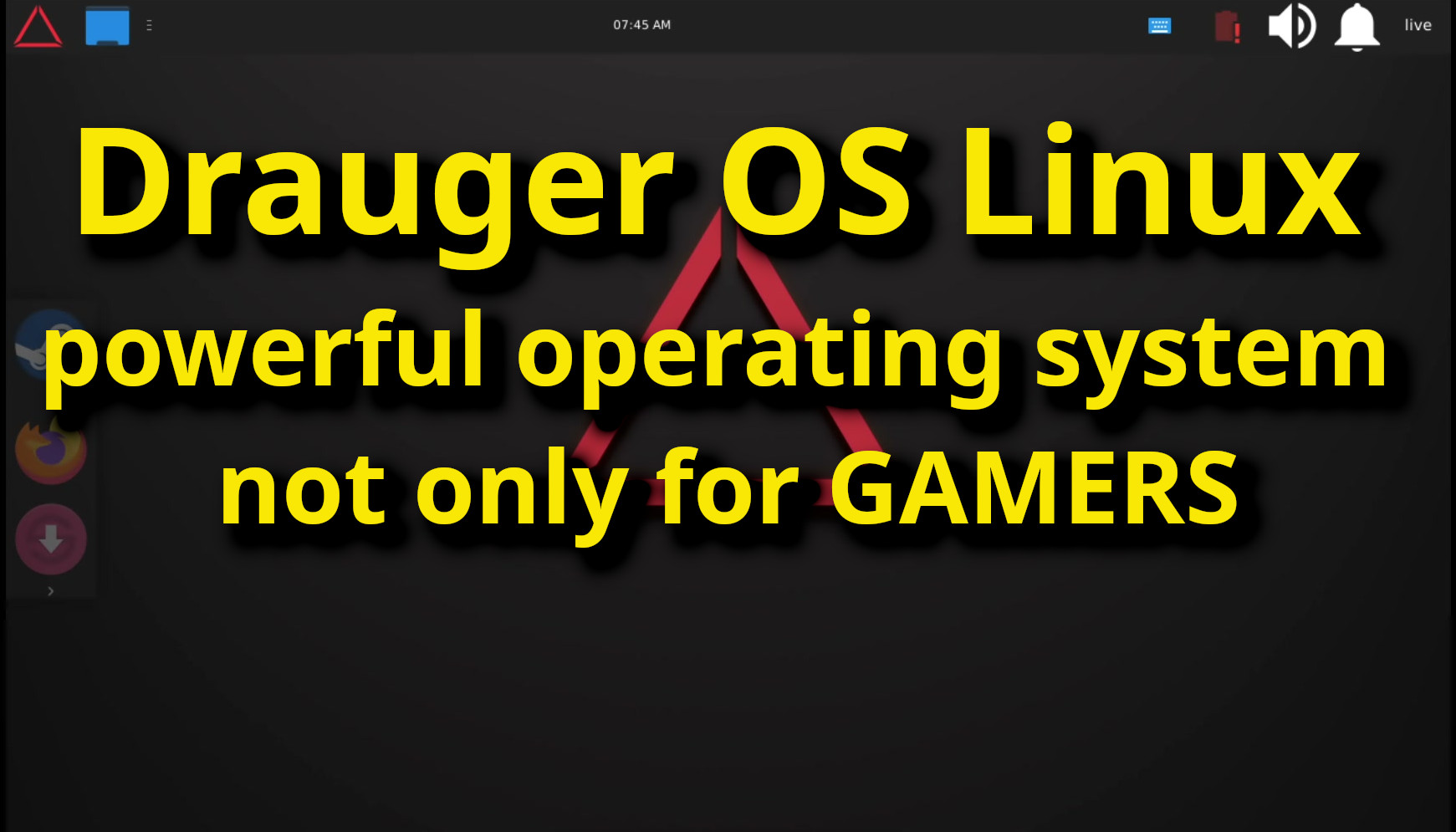ZFS (Zettabyte File System) is an open-source file system that was originally designed for use on the Solaris operating system. However, it is now available on Linux and has several advantages over other file systems.
One of the main advantages of ZFS is data integrity. This means that the system protects data in two particularly important ways: with checksums and snapshots.
Table of Contents
Checksums
Checksums serve as a unique identifier for files that the system creates when files are saved. When we later open a file, the system automatically checks the checksum to ensure that the data has not been altered. If the system detects any changes in the file, it issues a warning that the data is likely to be corrupted.
Snapshots
Snapshots allow us to restore files to their previous states. When we take a snapshot, the system captures the state of the files at that moment and saves it. Then, the system captures any changes made to the files in a new snapshot. If we ever want to return to the original state, we simply restore the snapshot, and the system restores the data to its previous state.
Another advantage of ZFS is that it supports data compression and RAID. Data compression means that the system automatically compresses data when we save it, using less storage space. RAID (Redundant Array of Independent Disks) is a technology that allows us to link multiple hard drives to increase system performance and security.
However, using ZFS on Linux is not entirely straightforward because the operating system needs to include support for it. Additionally, using ZFS requires some resources, so it is not necessary for smaller systems. Nevertheless, if we need to manage larger databases or a large number of files, using ZFS can be very helpful.
ZFS support is currently available in most Linux distributions, but it is worth checking in advance which version our specific system uses and whether it supports ZFS. If it doesn’t, we’ll need to install the ZFS module and configure it before using it.
In conclusion, using the ZFS file system has many advantages, particularly when managing larger databases or files. However, because ZFS support is not available on all systems, it is essential to investigate the installation process and the system’s potential effects before using it.
LibreOffice 7.6.2 and 7.5.7 Updates Released to Tackle Critical WebP Vulnerability
The Document Foundation has rolled out two security updates for its widely-used LibreOffice open-sou…
Why Linux Mint Could Be the Best Linux Distro
In the bustling world of Linux distributions, Linux Mint has emerged as a shining star, captivating …
Drauger OS Linux – Powerful distro not only for GAMERS
Drauger OS Linux is a powerful and feature-rich operating system that caters to the needs of both ca…


